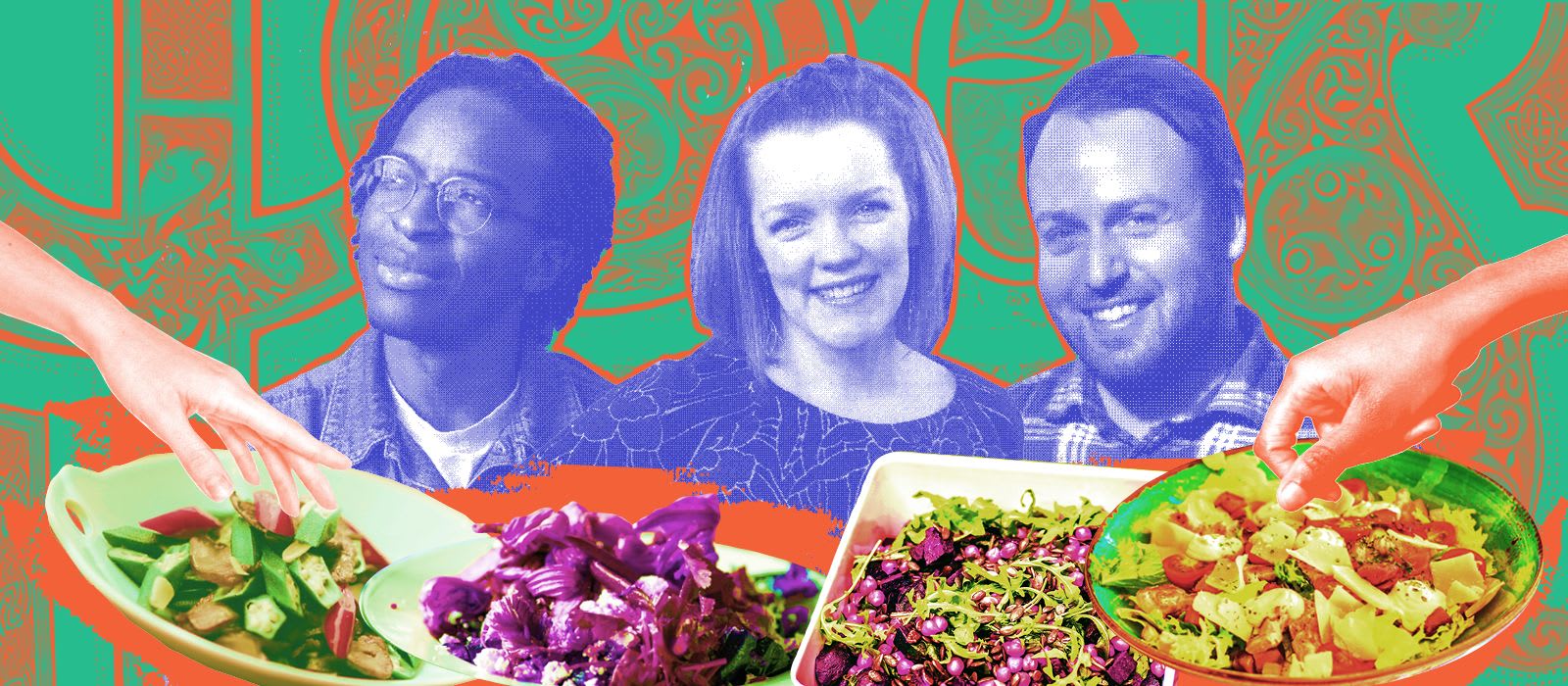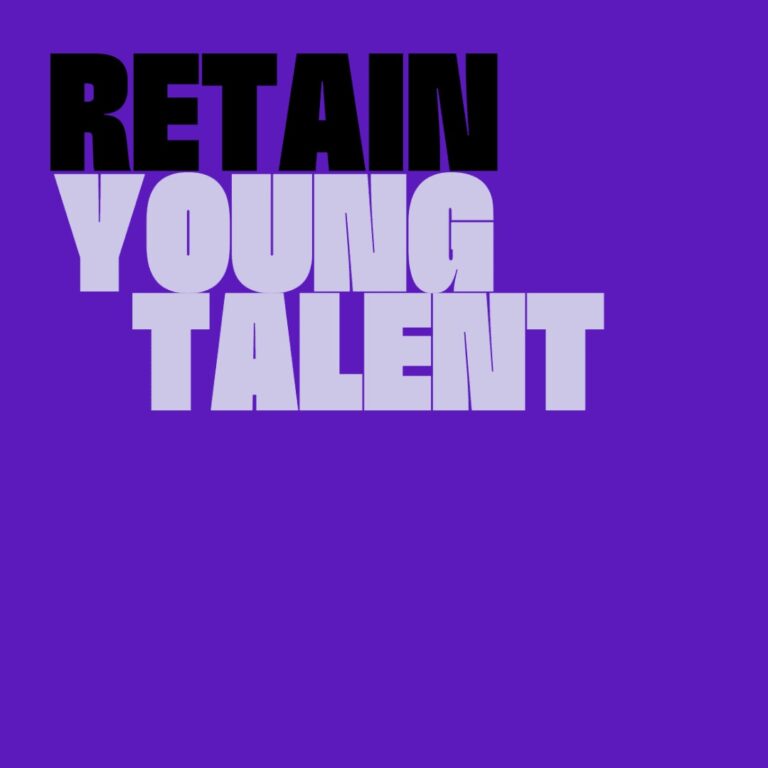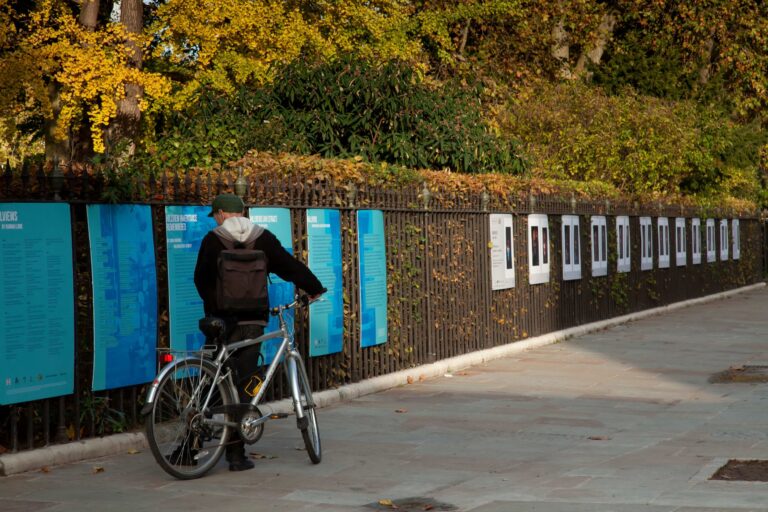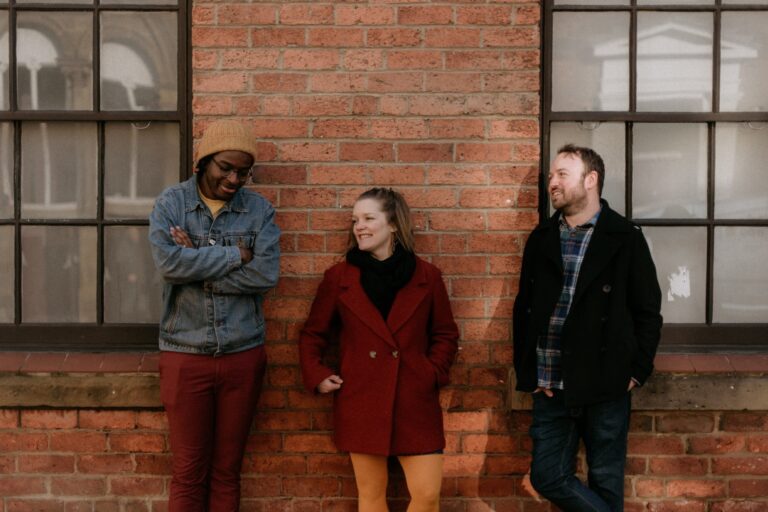“Words stand in for us when we can’t physically be present”
I can sing my own true story
of journeys through the world
Thus begins ‘The Seafarer’, an Anglo-Saxon poem in which the eponymous character laments his loneliness on the winter seas:
… men on solid ground
know nothing of how a wretch
like me, in so much pain,
could live a winter alone,
exiled, on the ice-cold sea
…
while friendly hall-companions
feasted far away.
Enforced solitude during the darkest part of the year is certainly something we are now intimately familiar with. Like the Seafarer, we are on a journey through the world cast into uncertainty. Like the Seafarer, many of us feel disconnected from our community. But through the lament, it is the memory of the companionship in the feasting hall that sustains the traveller. And it is that promise of camaraderie that the Digesting History event brought to the table.
In Anglo-Saxon society, the feasting hall was the beating heart of the community, where allegiances were pledged, treasures were distributed, and both food and poetry provided sustenance. The Digesting History event seamlessly united these by providing the attendees with recipes for an Anglo-Saxon meal, inspired by the poetry showcased during the evening.
The event celebrated various locales around Sheffield – Firth Park, Highfield and Woodseats – through a short film by Eelyn Lee and the poems of Kayo Chingonyi, Rachel Bower and Joe Kriss. The location was picked for its ‘rich soup of language’, which the audience eagerly dipped into. In the film, the library emerged as the frontline space of the community, as, in Chingonyi’s words, ‘a place to exist in commonality.’ Celebrating it, the film also evoked the nebulous space created by the reciting of poetry. While audience members joined the event from their own homes in Sheffield and beyond, we soon discovered that we could still tell stories together, as if we were in a mead hall of old.
The Anglo-Saxon feasting hall was usually surrounded by a wooden stockade. Beyond it were wolves, ogres, strangers, bad weather and all other manners of calamity. How much has changed! Today, the outside world is not separated from us by a wooden wall; it is in the food we eat, in the art we consume and in the people who join us at the table. The poems of Chingonyi, Kriss and Bower throughout the event have highlighted the power of radical acceptance – an art of being open to the world and seeing the world open up to us.
The poetry was aptly contextualised by presentation by Claire Breay, the curator of the Anglo-Saxon Kingdoms exhibition at the British Library, and by Johanna Blakey’s discussion of the linguistic particulars of the Sheffield dialect. Both opened a window on the history behind the words, and shed a light on the roots of ‘the land [that] will never forget.’ Taking the conversation into the present, Dan Marshall spoke about the adaptability of Sheffield Libraries in crisis and their reinvention of community space at a time of social isolation.
Towards the end of the poem, the Seafarer turns his mind’s eye to the nebulous:
Let us ponder where our true
home is, and how to reach it.
And the Digesting History event, replete with good food and good stories, brought into the spaces we inhabit a new sense of home.
The translation of ‘The Seafarer’ is taken from The Word Exchange: Anglo-Saxon Poems in Translation, edited by Greg Delanty and Michael Matto. The poem is translated by Mary Jo Salter.
The title of this blog comes is a line spoken by Kayo Chingonyi during “Where Two Rivers Meet”.
The author: Anna Milon is a PhD student at the University of Exeter, researching modern paganism, environmentalism and fantasy fiction. An avid role-player, Anna is known to work poetry into her Dungeons & Dragons campaigns and to confess her undying devotion to fictional characters via quill-written letters.







